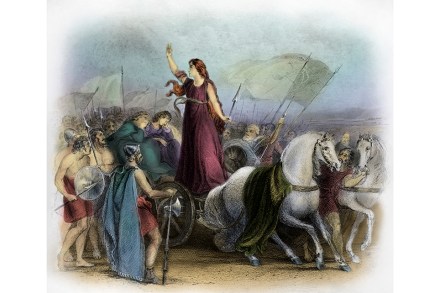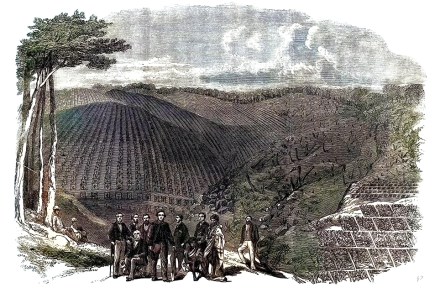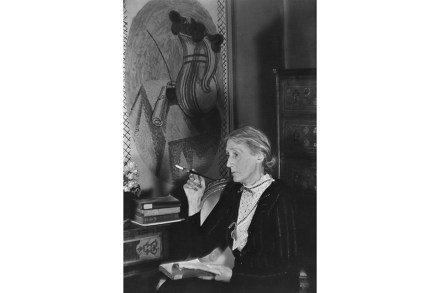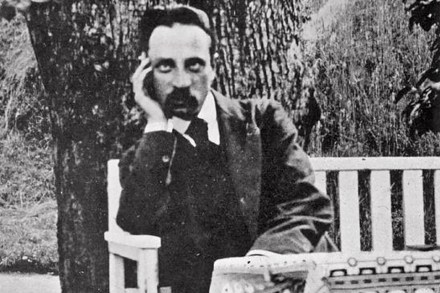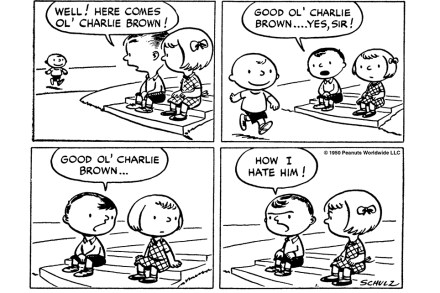We’ll never know what treasures the Tudor Reformation robbed us of
In 1693, quarrymen working near Caerleon, outside Newport in Wales, uncovered an alabaster sculpture of a figure they did not recognise. The man wore a suit of armour, which had once been covered in gold leaf. In one hand he held a sword, in the other a pair of scales. The scales themselves held a



